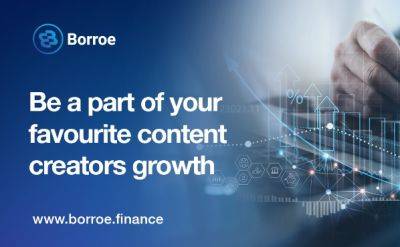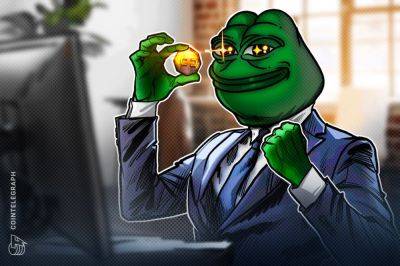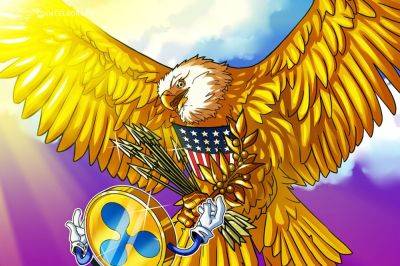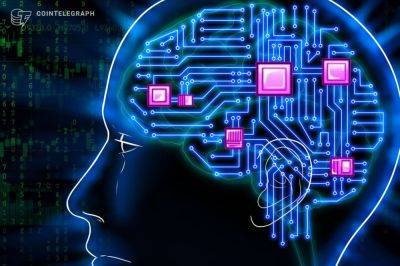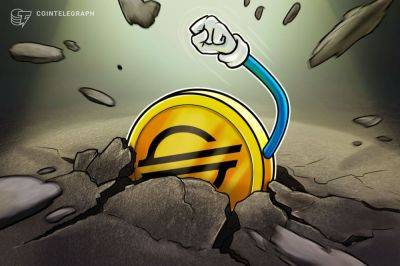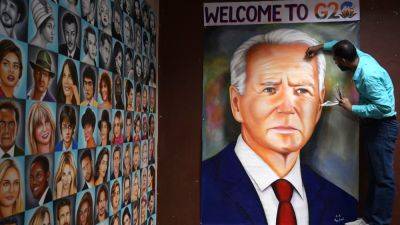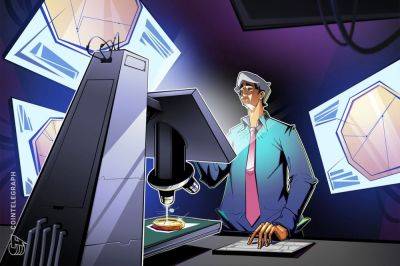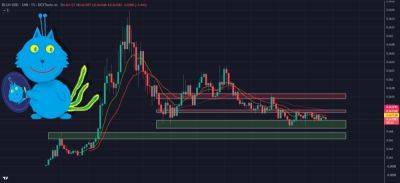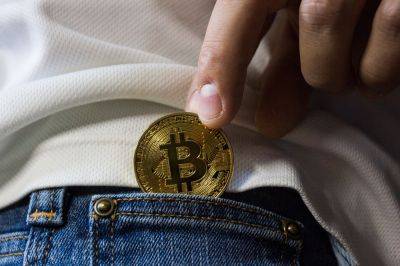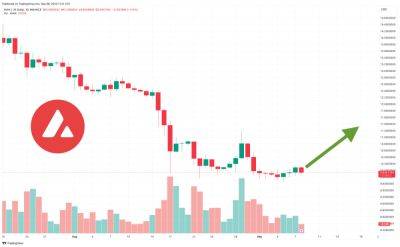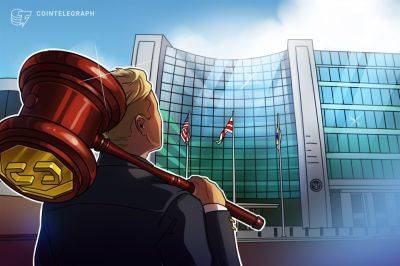If Worldcoin can improve the world, why not give it a chance?
All eyes have been on Worldcoin (WLD) since the July 24 launch of its “World ID” system. The issues associated with the launch have been well reported at this juncture. They include possible onboarding security risks along with Worldcoin’s use of biometric data, which is now under investigation by governments in several countries — including the United Kingdom, France and Argentina.
In the tech industry, where many of the most significant innovations of the past few decades have occurred, there is often a tension between the drive to innovate and the need to consider ethical implications. As technologies like machine learning, facial recognition and big data analytics become more advanced, the ethical stakes also rise.
In some cases, criticism from external analysts, journalists or ethicists can actually lead to positive outcomes by encouraging companies to consider ethical implications and perhaps even alter their business practices. In other cases, it can create a backlash that stymies innovation or leads to increased regulation. Either way, ethical and social concerns are a significant aspect of the landscape that innovators must navigate, and these concerns are often magnified when the innovations touch on sensitive areas like privacy, autonomy and social justice.
Related: Worldcoin controversy explained in latest Cointelegraph Report
So, while innovators often face criticism on multiple fronts — whether it’s questioning the feasibility of their ideas, their potential to disrupt markets or the ethical implications of their work — their relationship with external observers is complex and multifaceted. Criticism can be both a hurdle and a constructive force, depending on the situation.
Rather than argue the merits of
Read more on cointelegraph.com

